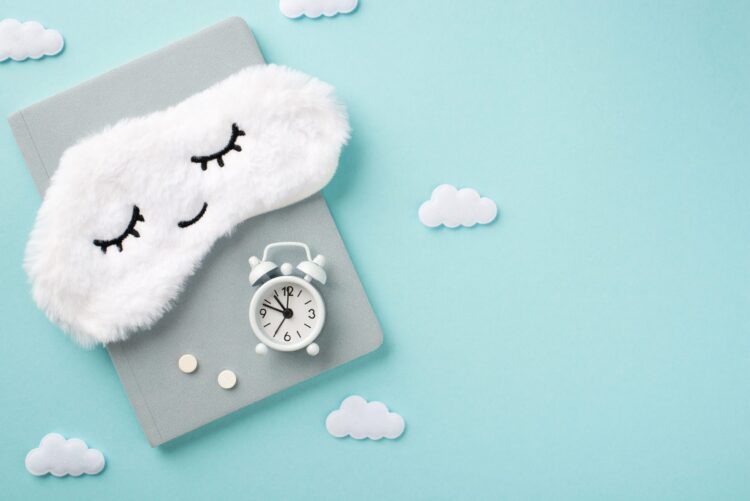In a previous blog post, we provided some daytime tips for getting better sleep at night.
This time out, we are going to focus on some tips for nighttime. Getting quality sleep is an important way to support your sobriety as well as your mental and physical health, so taking your sleep routine seriously is always a good idea.
You Need More Than a Mattress, But Your Mattress is a Good Place to Start
In our last entry about sleep, we spent some time considering all those mattress commercials that make it seem like buying a new mattress is the key to solving any and all sleeping issues you may have. That claim, of course, is an exaggeration, but it certainly is true that having a good mattress that provides both support and comfort is an important piece of the sleep puzzle. If your mattress is old or worn, it may serve you well to shop around for something new. A good mattress can, in fact, make a big difference when it comes to supporting sleep.
But again, the mattress (and the rest of your bedding, including pillows, sheets, and blankets) is just a starting point.
Setting Up the Right Environment
It might seem as though the bed itself is the only thing that has a direct impact on your ability to get a good night’s sleep. But in reality, there are several environmental factors to keep paying attention to. A room that is uncluttered, dark, quiet, and cool tends to support sleep. For some people, a white noise machine, soft music, or audio stories intended to support sleep can be helpful tools. Similarly, a sleep mask to keep things dark and a fan to keep things cool can be useful.
Setting a Bedtime—and the Right Tone
We tend to think of bedtime as something for a child. But the truth is that adults are well served by a regular bedtime (and a regular time for waking, too). That bedtime can be supported by a bedtime routine—again, just like you may have had as a child. Your routine will be your own, but it may include taking a warm bath, enjoying a cup of herbal tea, reading a favorite book, doing some light stretching, writing in a journal, or any of a number of other activities that can signal to your body and mind that it is time to wind down and go to sleep.
Setting Yourself Up for Success—Even When Sleep is Elusive
Even with a regular routine and a comfortable environment—and even when you wear your favorite pajamas—there will likely be nights when you find it difficult to drift off. As a general rule, you will be better served if you do not simply toss and turn and try to will yourself to sleep. That approach has a tendency to backfire. A better option might be to turn the lights on low and engage in a quiet activity until you start to feel sleepy. Sometimes the best way to encourage your mind to shut down for the night is to give it something else to gently focus on for a little while.
Setting Your Intention to Stop Snoring
If you are a person who snores, there is a good possibility that you are not getting the kind of quality sleep you need—especially if the snoring is an indication of a problem like sleep apnea. Seeing a sleep specialist can lead to solutions that allow for much more restful sleep—for you and for anyone who sleeps in the same space as you do.
Sleep Soundly as a Sober Person
Regaining your sobriety leads to lots of positive changes in your life—including, perhaps, the ability to sleep soundly at night because you are not under the influence of drugs or because you are no longer worried about the ongoing problems that come from continued use of drugs or alcohol.
The best way to reclaim your sobriety is to seek out treatment. At Bel Aire Recovery Center in Kansas, we offer medically supervised detoxification followed by a robust rehabilitation process that includes treatment for co-occurring mental health disorders that may be intertwined with a substance use disorder. We follow detox and rehab with our continuum of care—a commitment to providing resources and support as you begin your recovery journey.
Long and short: Don’t sleep on the need to get treatment for a substance use disorder. You will be replacing the nightmare of drugs and alcohol with the sweet dreams of sobriety.




